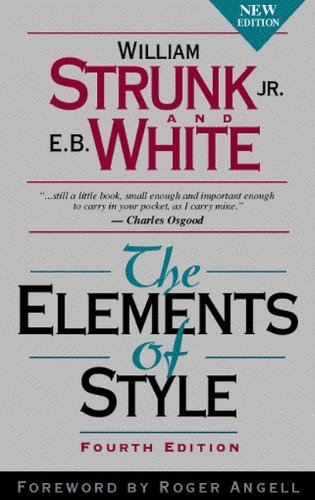Name: Kasey Lee Carter
Age: 24
College & Majors/Minors: BA in Journalism, Minor in Writing
Current Location: Wilsonville, Oregon
Current Form of Employment: Internal Communications at Xerox Corporation
Where do you work and what is your current position?
I currently work as the Internal Communications Specialist for the Channel Partners Organization at Xerox Corporation. My main responsibilities include coordinating, editing and writing a bi-monthly newsletter, managing internal social media as well as external social media marketing to end-user and through partner. I also write ad hoc communications sent to internal employees (about 1,400 employees). And I have to do all of this in the VERY SPECIFIC Xerox brand.
In the past, I’ve worked freelance for Sirius Digital Advertising, writing and editing website content and advising on website organization. I also did a little search engine optimization (SEO) work.
My last semester at George Fox University, I held an internship with The City of Newberg, Oregon as Public Information Officer. In this role, I researched, interviewed for and wrote a comprehensive, online and interactive document describing everything The City of Newberg does for the people of Newberg.
How did you find your first job?
I count my Xerox job as my first “big girl” job, and I found it completely by accident. I had been job-searching for about 7 months, and one morning before I went to work, at my in-between job at a spa, I got a call from a recruiter for a position I had applied for that same morning.
She said my resume jumped out at her and that I seemed just right for this internal communications job at Xerox. She did say that I needed to “beef up my resume a bit,” and by that she meant, add loads of text to it to display my writing ability. She said that employers looking to fill writing positions want to see resumes that display writing abilities.
This was so different from what I’d learned about resumes being only one page. So I rewrote my resume, was interviewed once over the phone and then in-person by three people. About two weeks after that initial call, I was putting in my two weeks with the spa and moving to Wilsonville, Oregon, to work for Xerox.
What was another writing-related job that was important in your career?
My senior year (2011-2012), I was the Editor-In-Chief for the student-run newspaper, The Crescent. This position not only required writing and editing, but also leadership and management skills, which I valued learning as much as the writing and editing stuff.
What did you do in college to prepare for your post-grad life?
In college, I sought out as many writing opportunities as I could.
I was asked randomly, at the beginning of my sophomore year, if I would be willing to write an article for the student newspaper. Flattered, I accepted and started writing about one article per issue.
The next year I took on a Section Editor position with the student newspaper, and the year after that (my senior year) I was the Editor-In-Chief. My senior year, I also had an internship doing public relations for the City of Newberg, Oregon.
In addition to my work with the student newspaper and my internship with the city, I also became the resident editor wherever I lived in the dorms. Constantly, I offered my editing services to floor-mates and roommates and other students in class. They would always look at me funny, kind of like they didn’t believe me, and then be pleasantly surprised when I returned with thoughtful edits.
All of this extra writing and editing experience I chased after taught me the importance of versatility. It seems like employers and people in general want you to be able to do five things instead of one.
I also learned how to be hungry for more experience and knowledge, which is still a huge part of my life both professionally and personally.
What is your advice for students and graduates with an English degree?
Make sure your resume reflects the job you’re applying for. I had no idea a resume for a writing job needed to include so much text, I thought that’s what the cover letter was for. So research the resume type best suited to the job you’re applying for. Don’t forget to write and rewrite that sucker until you’ve crafted it just right, and for each position you apply for.
When it comes to quality over quantity, that’s true too. I applied for over 50 positions in 6 months, some of which were quality, but for some, I was just throwing my resume at a job listing. Oddly enough, my big-girl job came from one of the listings I just threw my resume at, which is, supposedly, not usually what happens. I received more responses from employers of positions I put more effort into the application.
Another piece of advice is to broaden and enhance your skill set. Before I got my big-girl job I was doing some freelance content writing with a new digital marketing business, and I asked to learn more about websites and search engine optimization.
When I started at Xerox, I was armed with writing, editing, communication and social media-type skills. Since I started, I’ve taught myself HTML, and learned to use new software programs (on my own). To learn more about marketing, I’ve been chasing down some of the more tenured employees.
I think it’s important to keep your options open and make yourself more versatile. Employers want to see that you’re willing to go above and beyond what’s asked. Nobody likes someone who just sticks to the status quo, or worse, a slacker.
Connect with Kasey on LinkedIn, and check out BloomsFlowerStudio.com, a website she created content for!























































